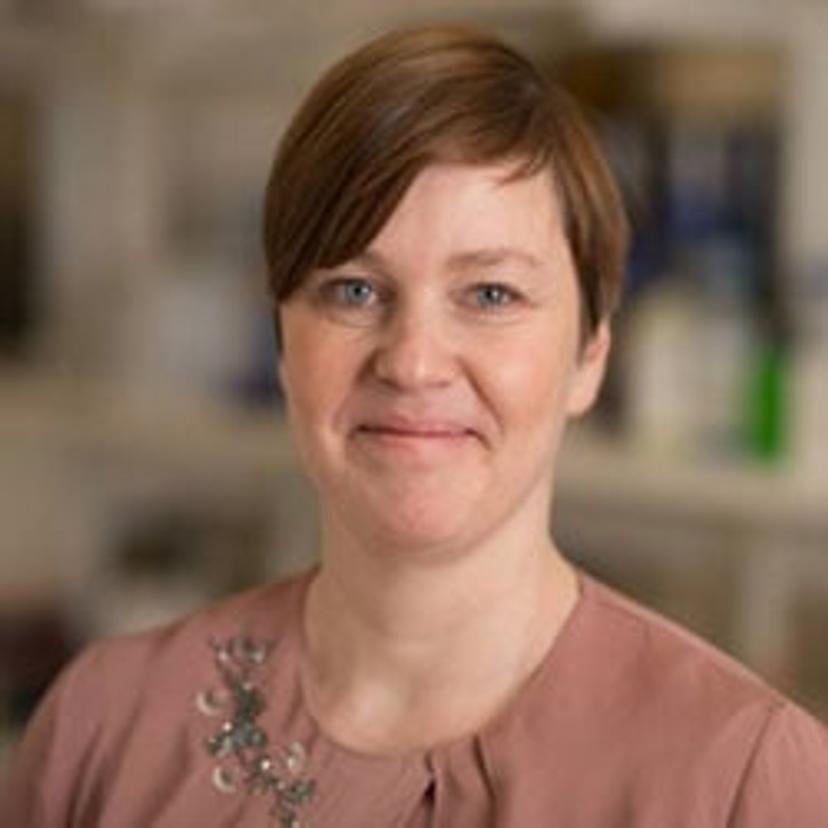Next-Generation Precision Cancer Medicine: Latest Advances & Hopes for the Future
Discover how scientists in Sweden and Finland are developing a functional systems precision medicine strategy to optimize treatment of acute myeloid leukemia
16 Aug 2018
Dr. Päivi Östling is senior researcher and co-principal investigator of the Olli Kallioniemi group at Science for Life Laboratory (SciLifeLab) and Karolinska Institutet in Stockholm, Sweden. She dedicates her time to working on precision medicine in acute myeloid leukemia (AML) and solid tumors, with a specific focus on improving next-generation precision cancer medicine. Her current research focuses on developing precision medicine strategies using drug sensitivity and resistance testing, which she will be discussing during her presentation at SLAS Europe 2018 in Brussels at the end of June. She will also be chairing a session that will cover three main areas in the field of next-generation analytics. In this SelectScience interview, Östling tells us more about her exciting research at SciLifeLab.
SS: What is your role within the Olli Kallioniemi group?
PO: My role in the group, along with Olli, is to supervise the research activities with the aim of providing an open and inspiring environment for our group and collaborating teams. We work in a collaborative, team-oriented style, as realizing translation in precision medicine is not achieved by a single group, profession, or expertise.

SS: Tell us about the goals of the Kallioniemi research group
PO: Implementing precision medicine is not only technology-enabled and data-driven, but also includes a cultural change, in that the traditional barriers and fears of data sharing and ownerships need to be reformatted. Currently, our goal is to leverage the cutting-edge technological platforms at SciLifeLab, as well as creating a community at SciLifeLab and KI towards the next-generation precision medicine platform.
SS: Tell us about your research into precision cancer medicine
PO: In our research we focus on a functional systems precision medicine strategy to optimize treatment of acute myeloid leukemia (AML), a disease with major unmet clinical needs. By using patient cells ex vivo, we test >500 oncology drugs to generate a patient-specific drug sensitivity and resistance profile. To create large-scale data on these patients, we work both on retrospective and prospective cases such as biobanked Swedish AML samples that have already undergone genomics and epigenomics profiling. We, and collaborating teams, will create multiple levels of genomics, transcriptomics, and proteomics data and integrate these with comprehensive functional drug testing. We believe that in-depth molecular profiling along with functional testing will help to stratify patients into treatments more effectively and define unexpected indications for emerging or clinical drugs. In addition, we have also introduced this concept to solid tumors by using conditional reprogramming on primary tissue material to generate patient-derived cell (PDC) models. Here, model generation is usually the rate-limiting step and representativity needs to be assured through methods such as phenotypic and genomic comparison of the model with the original tumor.
SS: Which technologies are bringing about the most innovation in your field?
PO: We work on identifying means of measuring complex disease phenotypes for diagnosis and treatment by multiparametric assays. To this end, the technologies we are innovating with are assay miniaturization using acoustic dispensing, as well as multiplexing assay measurements by layering image-based assays with molecular characterization.
SS: Tell us about the sessions you will be presenting at SLAS
PO: At SLAS Europe 2018, I am presenting our own line of research at the session “Revolutions in phenotypic screening for modern-day drug discovery” chaired by Denise Barrault on Thursday, June 28, at 10.30am. I was also asked to chair the Technology session of “Next-Generation Analytics” on June 29 at 8.30am. In this session I’ve chosen three inspirational topics, which are: reproducibility of cell-based screens and functional-testing results presented by Benjamin Habe-Kains; image-data analysis, deep learning, AI-based methods to understand complex phenotypes by Peter Horvath; and big-data analysis, data integration in precision medicine by Paul Boutros. These speakers are experts on using large datasets from functional cell-based testing, image data, as well as omics to understand disease. We will discuss data reproducibility, how to turn images into quantitative data, artificial intelligence-based methods, as well as integration of omics data towards early drug discovery, clinical trials and clinical practice.
SS: What do you see for the future of precision cancer medicine?
PO: The future of precision medicine lies in the continuous innovation being initiated at meetings such as SLAS Europe 2018 and through fearless collaborations and hard work. However, it is important that we can see beyond genomics into additional molecular components and functional testing. Importantly, adaptive clinical trials will be needed to demonstrate the benefit of this approach and to turn the hype into real hope. Still, even if we improve stratification of patients to existing treatments, discovery of novel drugs remains of key importance. Here, we need to leverage the lessons learned in precision medicine thus far to enter challenge-driven close collaborations, generate deep multiparametric molecular profiles of study cohorts, use relevant primary material and assays, as well as more closely integrate efficacy and toxicity measurements in early discovery. With these tools we can do what we owe the patients, by improving the use of existing drugs and creating the data-driven precision drug discovery and development of tomorrow.
Catch Dr. Päivi Östling’s presentation at SLAS Europe 2018 in the Revolutions in Phenotypic Screening for Modern-Day Drug Discovery session at 10:30am on Thursday, June 28.
Visit SelectScience booth #414 at SLAS Europe, June 27-29, to meet the team and pick up a free gift.
